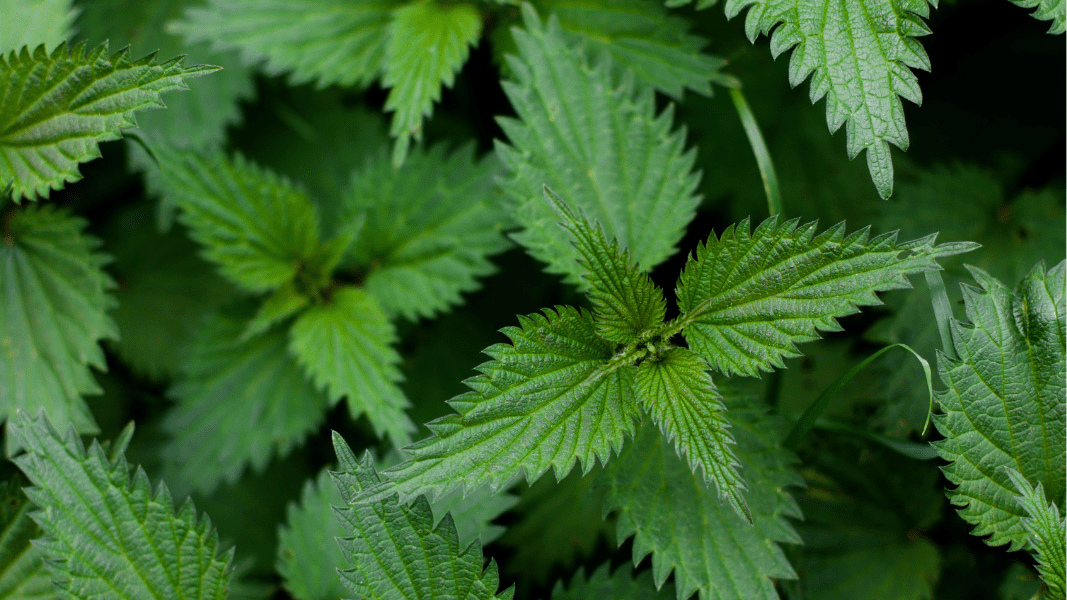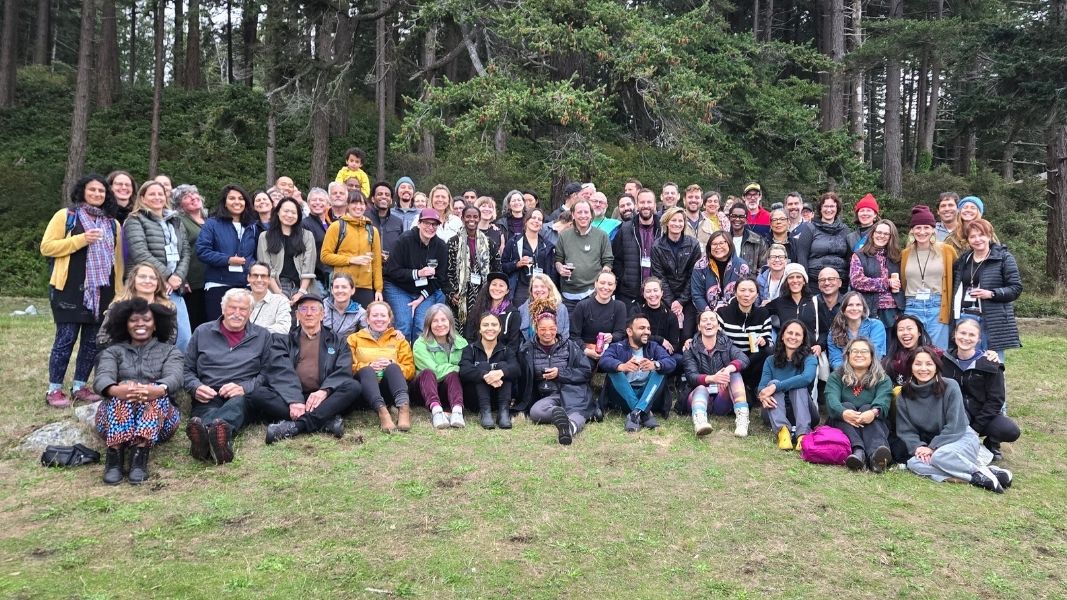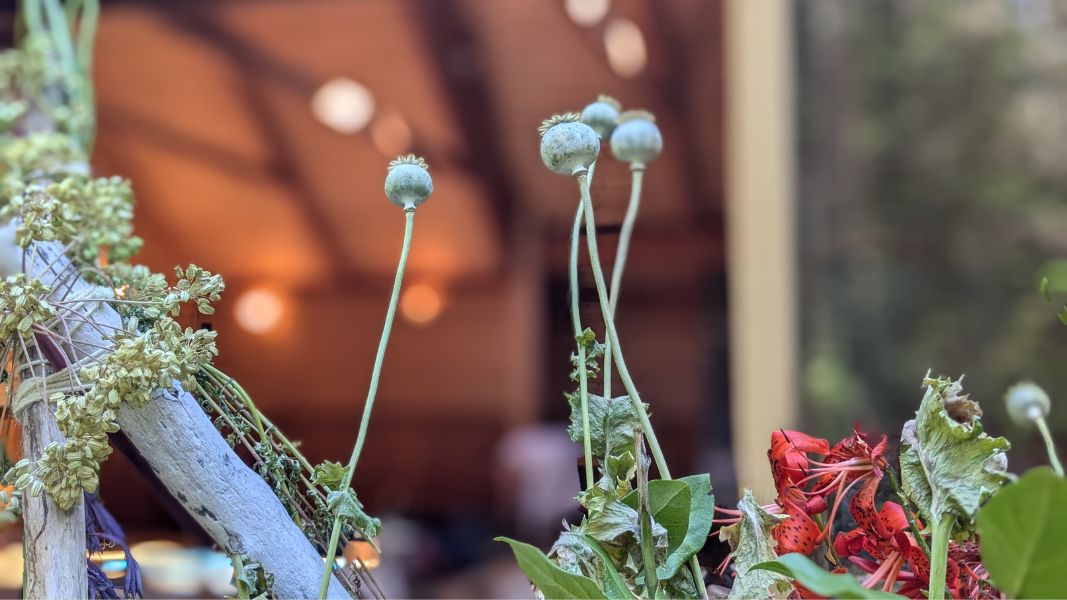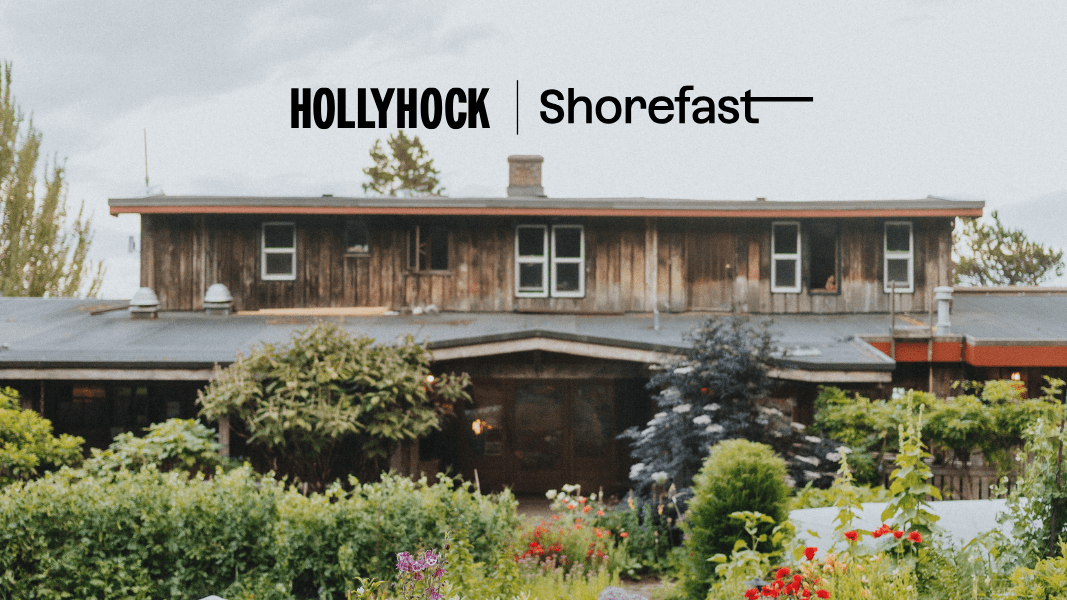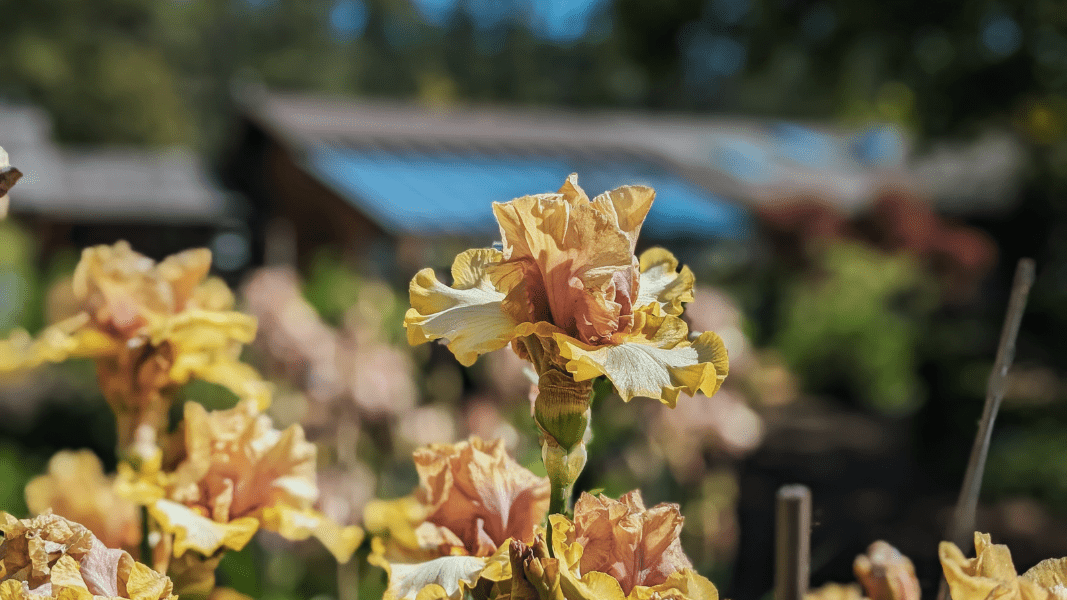In the last few years there has been an increase in media coverage of climate change exploring everything from extreme weather events and energy legislation to economic forecasting and innovative tech solutions. But how we talk about these topics (and who does the speaking) can be as of much interest as the content.
Climate for Change presenter Sarah Shanley Hope is the Executive Director of The Solutions project, an organization committed to centring historically marginalized communities in their quest for 100% renewable energy for 100% of communities. Since 2014, they have been investing in frontline organizations through capacity building, storytelling, and grantmaking. The Solutions Project observed that movements which elevated local leadership, particularly women and people of colour, were having greater impact on their communities relative to the funding they received. Despite this, media coverage of these organizations was slim at best.
In 2018, they reviewed 2,348 articles about climate change and renewable energy, and recently published their findings in a report called Renewable Energy Narrative Analysis. Noting that the majority of climate philanthropy is directed to large national (and often white-led) organizations, they were interested in whether the funding gaps overlapped with gaps in media
coverage. The report suggests that this is the case. Other findings highlighted the gaps in whose projects were covered, and what kinds of coverage those organizations received. Of the articles reviewed:
- 21% quoted a woman as a spokesperson
- 10% referenced equity and justice
- 7% referenced communities of colour
From the report: “missing from coverage of the sector is a representative collection of voices and stories from the communities most impacted by climate change and fossil fuels, which disproportionately affect poor and low-income communities and communities of colour … Media influences how people think and what they aspire to achieve. It’s clear that 100% renewable
energy is both possible and happening. And if we look to the frontlines of the movement, we’ll see that it’s possible to achieve 100% with equity and justice for everyone.”
Want to learn more about tools and tactics to centre justice and equity in your community? Join Sarah Shanley Hope and other climate justice leaders at Climate for Change Advocacy Training and Retreat, June 9-14 on Cortes Island.




